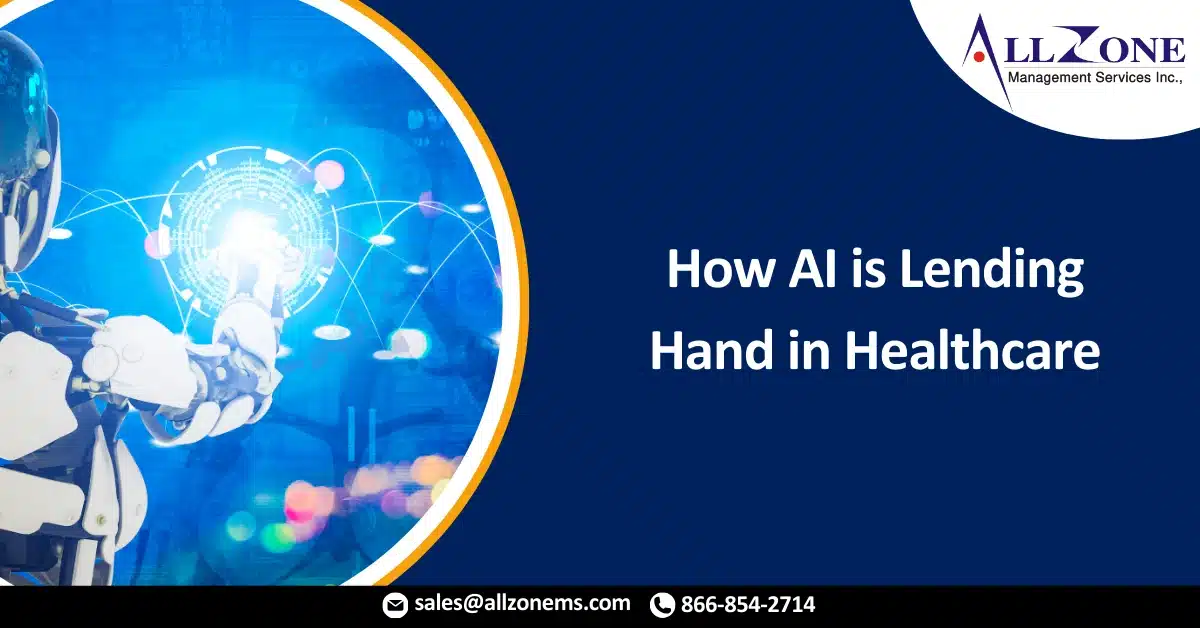Healthcare seems to be important in all areas where Artificial Intelligence (AI) is promising. This likelihood is because healthcare services are overwhelmed by workforce shortages, inadequate medication, increased patient burdens, and inaccurate diagnosis, all of which may help a degree by modern technologies.
Imminent prospects for AI in healthcare comprise health assistance and medication management, drug development, precision medicine applications, and helping people make healthy choices. There has been a spike in the volume of organizations working on the production of AI in healthcare.
Critical AI Applications in Healthcare
Several hundred companies are involved in the creation and marketing of AI technologies for the health sector in a variety of fields
Workflow Solutions
With the mass of knowledge found in the EMRs and the intersection of AI to compile the information, doctors, practitioners, nurses, patients, and others can make more informed choices about health diagnosis, delivery, and personal wellbeing and disease management.
Population Health Management
Population health is a concept used to classify particular patients and groups of patients who are more likely to need medical intervention to remain healthy. If these patients have been detected, healthcare professionals will target them appropriately to obtain favorable outcomes.
The public health institution sees population health as an interdisciplinary, customizable strategy that enables health departments to connect practice to change policy locally. This strategy uses non-traditional collaborations between various community sectors, such as public health, business, academia, health care, local government, and others to achieve meaningful health results.
Diagnostics, Imaging, and Disease Management
It is becoming increasingly evident that AI will change the diagnostic imaging sector, both in terms of increased efficiency, increased diagnostic precision, more tailored patient planning, and, eventually, enhanced clinical outcomes. AI will play a pivotal part in allowing the radiology departments to cope with the ever-increasing amount of diagnostic imaging procedures, considering the persistent lack of radiologists in many countries. Following the implementation of deep-learning technology and inexpensive cloud computing (graphic processing units) and storage, the speed of product growth for AI-based medical image analysis software is faster than ever.
For More Information: https://www.healthcaretechoutlook.com/news/here-s-how-ai-is-lending-a-hand-in-healthcare-nid-2160.html

